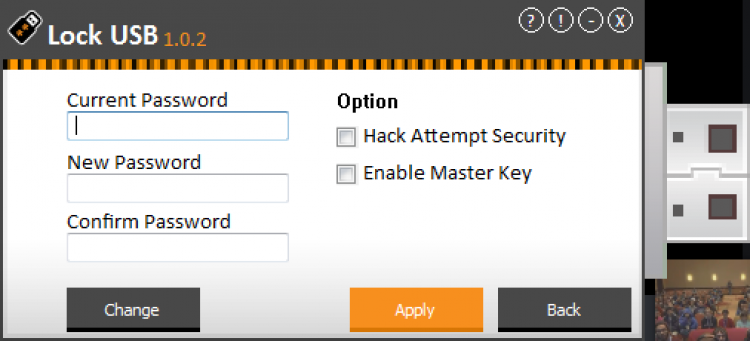
Win Version Step 1Install TunesBro USBGeeker If you're regularly doing manual OS installations or other actions that require USB access, this will be very useful. It's as secure as you can get, and there's even an option for exceptions, meaning you can specify one particular USB device to bypass the lock so you won't have to be restricted by the lock the way other users are. #2 Use Trusted Software to Prevent Files from Copying to USBĪpart from being able to lock your USB ports, as the name suggests, TunesBro USBGeeker can also disable USB drives and even prevent people from connecting their iOS and Android devices to copy data that way. There's also a software solution that achieves the same goal in a much more secure and easy way. Now, unless a person has admin rights, they won't be able to copy files to a USB device. Look for Removable Disks: Deny Write Access in the main panel, then double-click and select the option called Enabled.

There's an option called Removable Storage Access that you need to click on to open. Click on Administrative Templates on the left panel and then open System under it. To run the Group Policy Editor, invoke the Run dialog with Windows + R and type in "gpedit.msc" without the quote marks, followed by the Enter key. It's a good workaround if you don't want to disable the ports altogether. That way, the computer can still read files from an external storage device, but not copy files to it. The way it works is by blocking write access to the USB ports. If you're the admin for a particular computer, this can be done in the Group Policy Editor locally.

#1 Use Group Policy Editor to Pretect the Files or Folders


Let's look at a couple of ideas you can implement to keep your private company information from accidentally falling into the wrong hands, but without the hassle of modifying every piece of hardware in the office. But how do they achieve this? The common practice is to disable USB ports and optical drives, but those aren't the only methods. A lot of organizations today lock down their employees' computers to prevent copying files to external media like USB flash drives in an attempt to avoid confidential information from leaking.


 0 kommentar(er)
0 kommentar(er)
